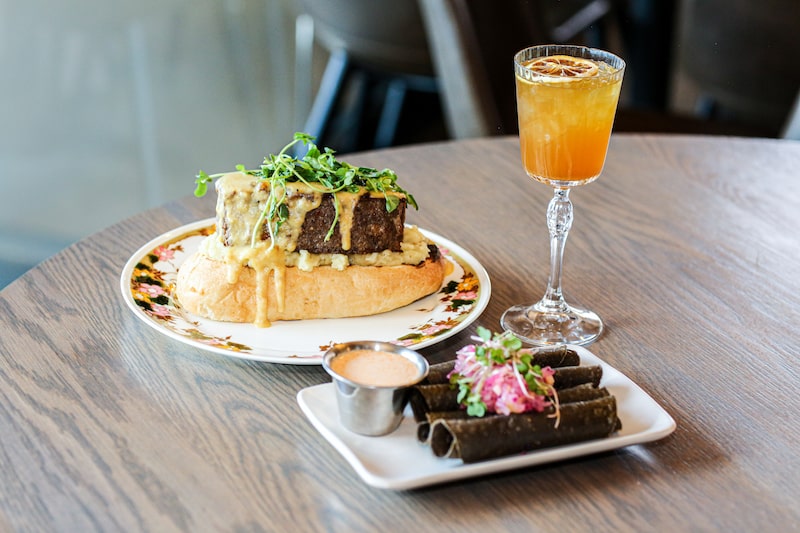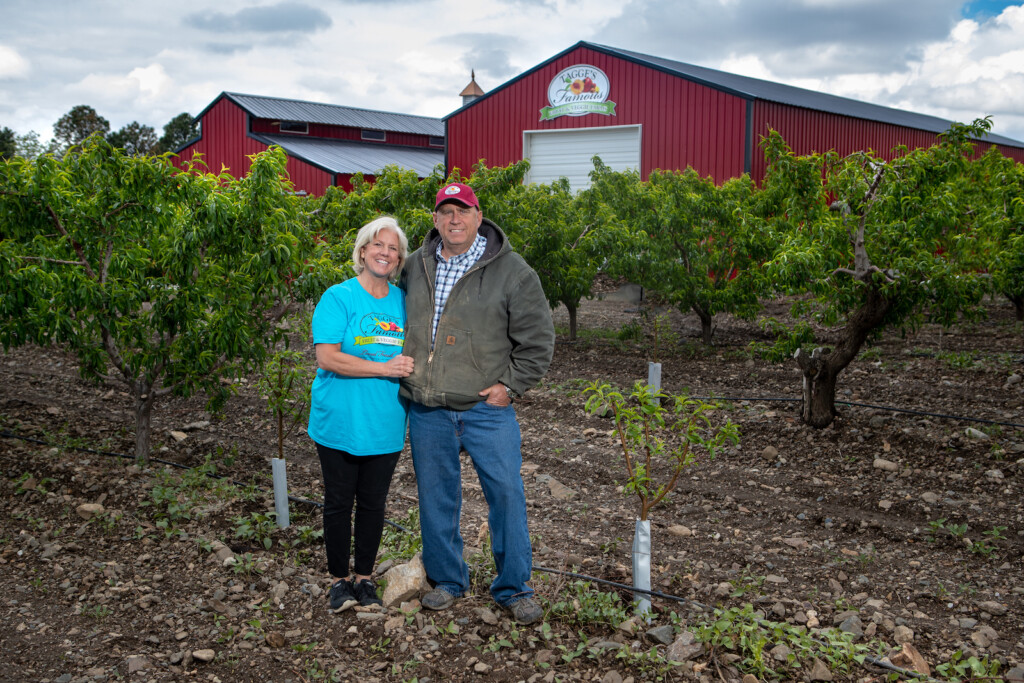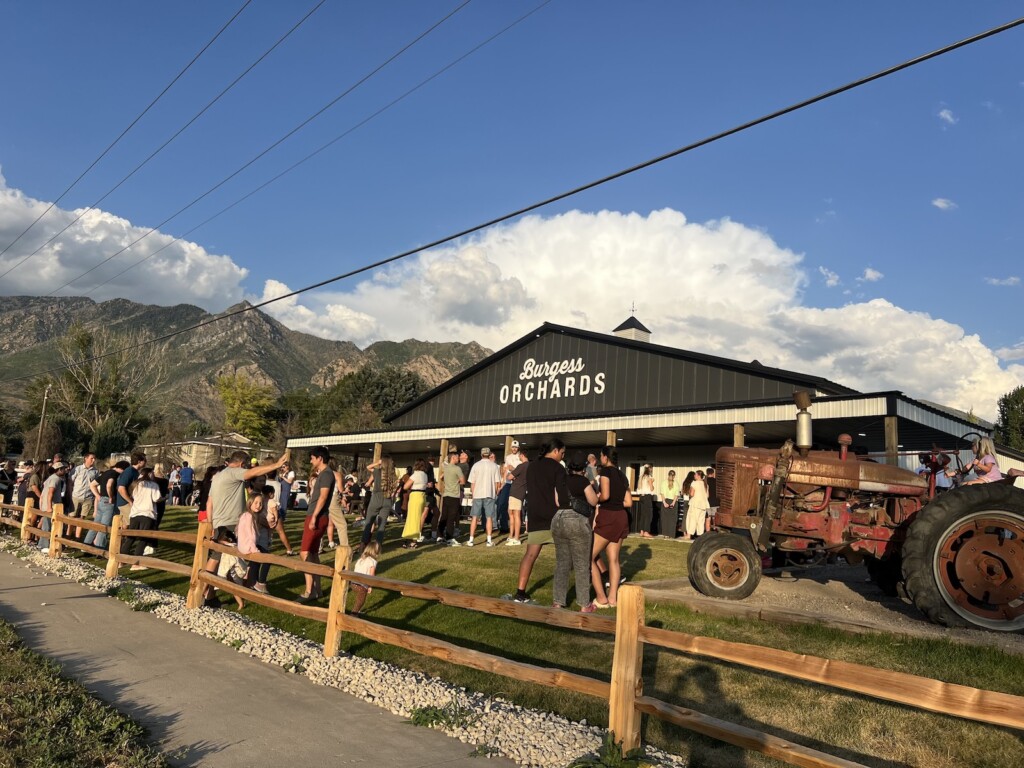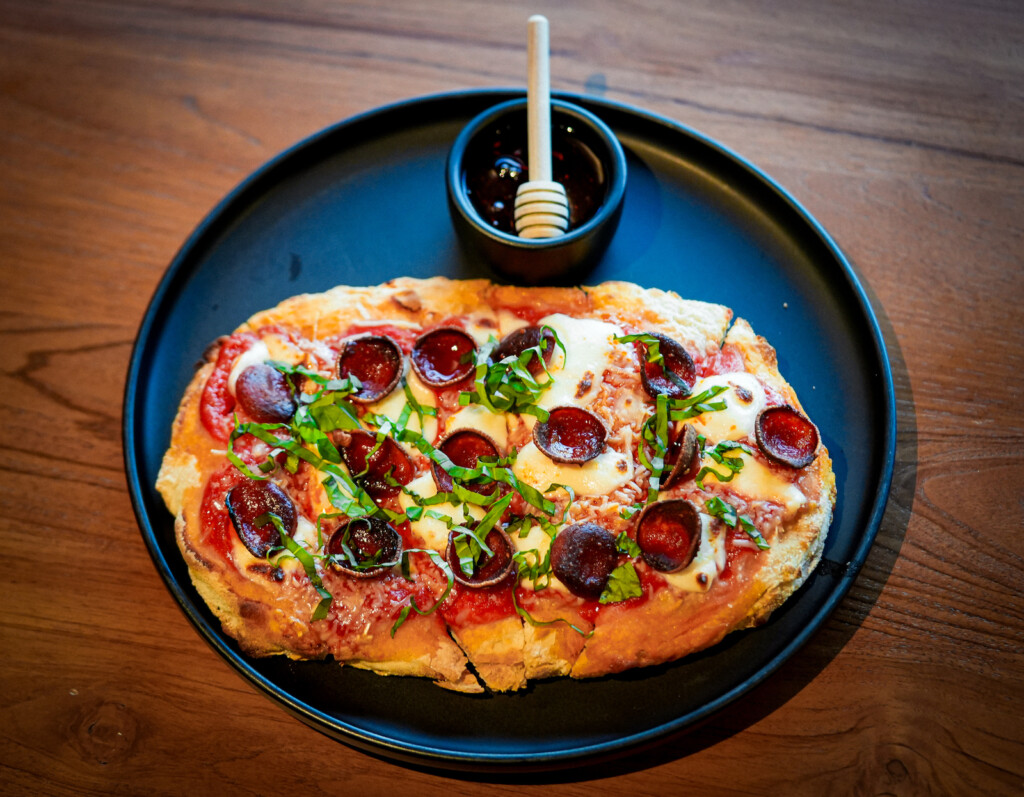
The term “farm to table” has, in recent years, been replaced in some culinary circles by the more alliterative “farm to fork.” They both imply the same thing: cooking, and restaurant cooking in particular, that favors locally sourced, wholesome, organic and artisan (when possible) ingredients. The idea is that foods that are local are fresher and make, in theory at least, a smaller carbon footprint than foods that have to travel long distances.
Of course, compromises are often made. You simply can’t get PEI mussels unless they come from Prince Edward Island, for example. And I don’t think pineapples are grown in Utah. So if you have a pineapple souffle on your menu, the pineapples will have to be brought from somewhere far away.
Many food writers credit the Slow Food movement with introducing the notion of farm to table or fork. And yes, Slow Food certainly did light a freshness fire under many chefs, restaurateurs and home cooks. But in fact, the idea of farm to fork cooking dates back to renowned cooks like Pierre Franey, Julia Child, Jacques Pepin, and more recently, to Alice Waters, Jeremiah Tower, Eric Ripert, and a host of others, who have always been champions of the freshest, best ingredients in the kitchen. It’s hard these days to find restaurants that don’t lay some sort of claim to farm to table or farm to fork cooking. Well, here are a handful in our region that really succeed in that mission.
When Provo’s Communal restaurant was opened in 2011 by Colton Soelberg and Joseph McRae, the emphasis was on family style (communal) dining with dishes composed largely of locally sourced ingredients ― something that was pretty new at the time. That is still the case under the ownership of Keven Santiago, who purchased the Heirloom Restaurant Group, including Communal, in 2019. There’s a heavy representation of locally sourced foods on the Communal menu ranging from local lamb t-bones and Amano chocolate pot de crème, to Snuck Farm spring greens, local heirloom carrot salad, home- and locally-made cheeses like feta and ricotta, regionally sourced bison, and much more. All of it is delicious.
At Tupelo restaurant in Park City, Chef/Owner Matt Harris’ menu is chock full of dishes with ingredients sourced very locally from small-batch producers “who grow, distill, or raise” them, including from his and partner Maggie Alvarez’ own farm in Midway. The English Pea Salad is elevated by the inclusion of Park City Creamery feta, and the Creamy Pesto Tagliatelle Pasta is composed of local mushrooms, peas, squash blossoms and artichokes, while the Utah Lamb Chops are served with local sunchoke tostones, charred fennel and local mushrooms, and house made ricotta is the star of the House Made Ricotta Toast.

Tamara Stanger ― the Chef of The Lakehouse at Deer Creek ― calls the food she cooks there Utah Heritage Cuisine. At The Lakehouse, her knowledge of foraged ingredients and her foraging skills pepper the menu as does “the history of the pioneers and the native people who first lived along the Wasatch Front.”
Chef Stanger also works with groups like the Blue Watermelon Project and the Department of Education to bring heritage food into schools. Sustainable, local and foraged foods pop up everywhere on The Lakehouse menu in dishes such as Elk Osso Bucco with Supai red corn grits and griddled greens; Ute Blue Corn Tostadas with ancient Utah Fremont beans; or Canyon Meadows Beef Ribs marinated in black walnut catsup; and drinks like the Deer Creek Sour, which features locally distilled High West Double Rye.
The fact that Galen Zamarra was chef/owner of the celebrated Mas Farmhouse in New York City tells you all you need to know about his commitment to refined cooking using responsibly sourced, seasonal ingredients. A strong supporter of neighboring farms and artisanal purveyors, Galen is now Executive Chef at The Lodge at Blue Sky’s Yuta restaurant in Wanship, where he works in tandem with Director of Farming, Lynsey Gammon utilizing ingredients from Blue Sky’s onsite Gracie’s Farm.
Menu temptations like Grilled local Lion’s Mane Mushroom; Grass-Fed Wasatch Valley Beef Tenderloin; local Bison Tartare, and Baby Zucchini Blossoms with fig, chervil, seared chamomile cheese, and pomegranate molasses are a testament both to the Chef’s creativity and commitment to quality local ingredients.
utahbitested@gmail.com
RELATED CONTENT
The Freshness Factor: 8 Utah Farm to Table Restaurants You Will Love
The Freshness Factor: 8 Utah Farm to Table Restaurants You Will Love
From Farm to Table…..To YouTube
Best farm to table restaurants—separating the pretenders from the contenders
SUPPORT LOCAL JOURNALISM AND SUBSCRIBE TO PRINT MAGAZINE
Subscribe to Utah Stories weekly newsletter and get our stories directly to your inbox





